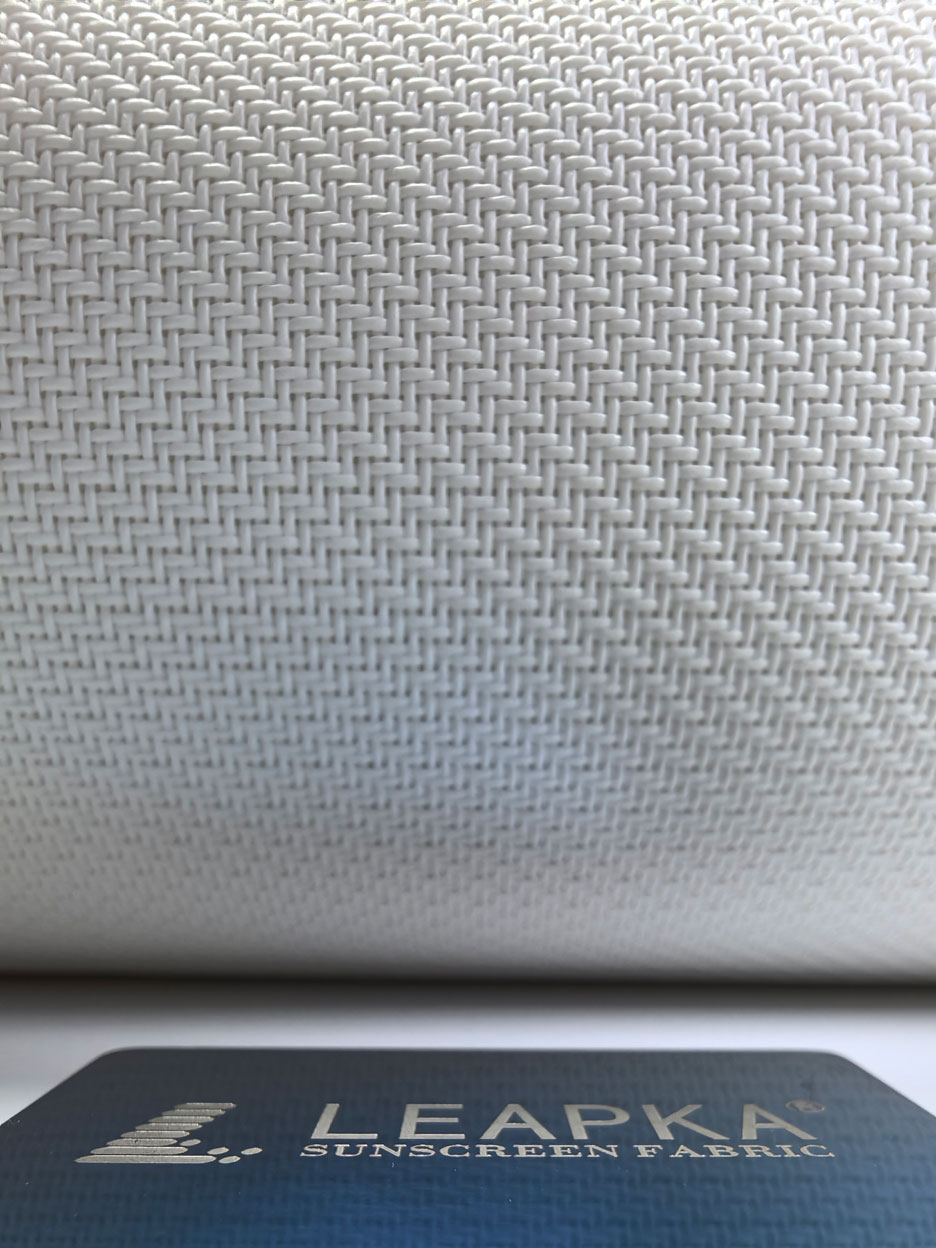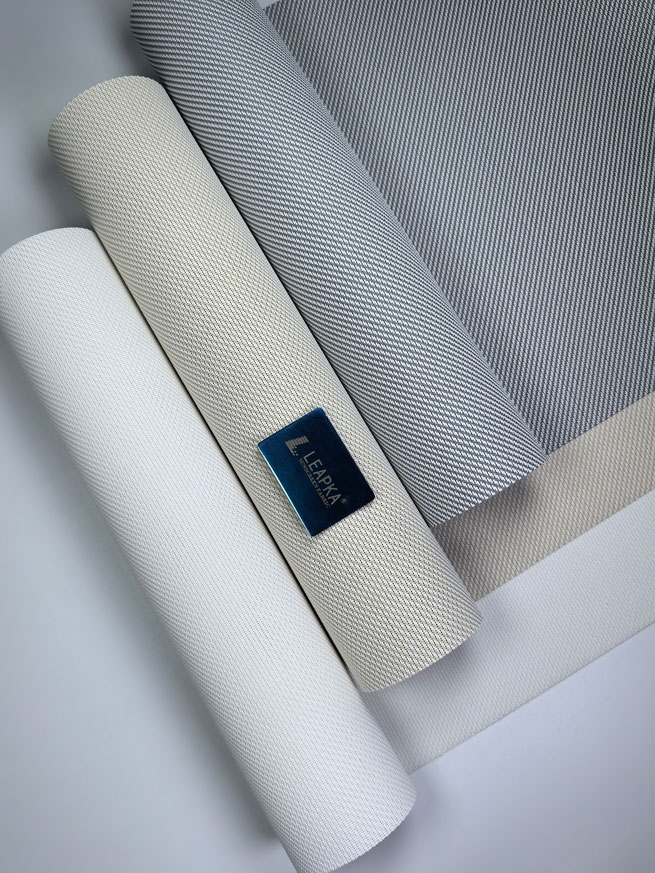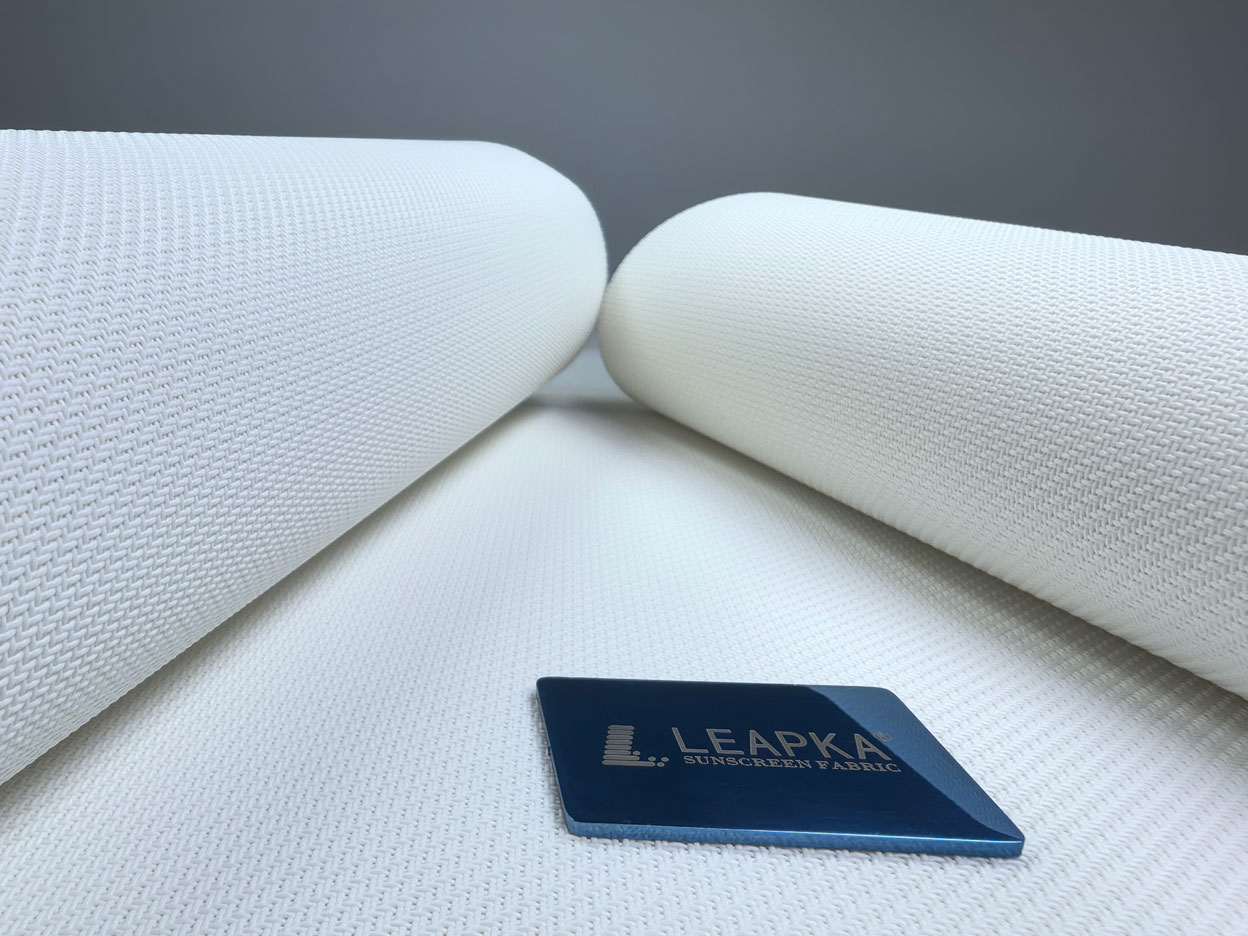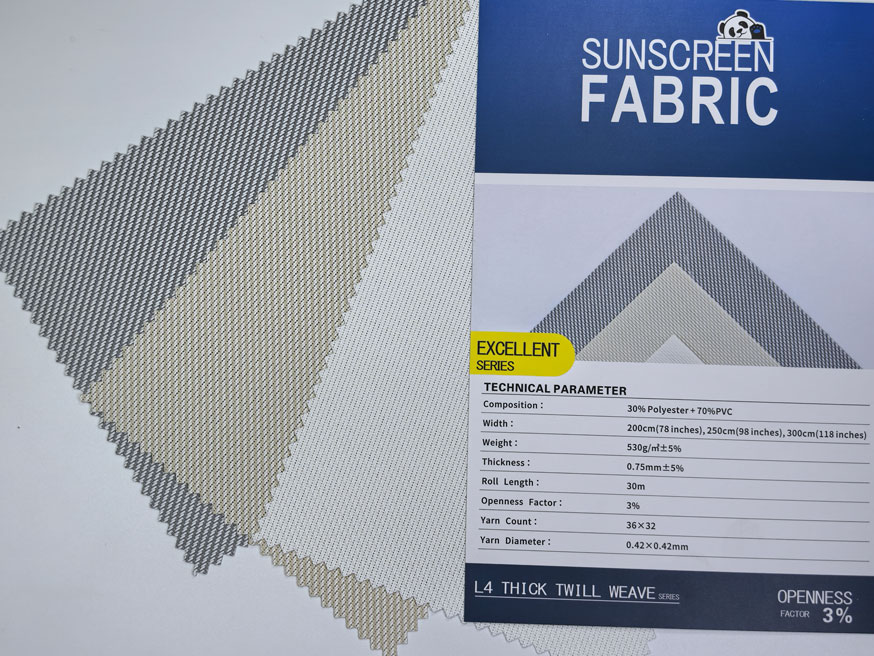Fabrication Guidelines: Manufacturing with L4-300 Series Materials
The transformation of the L4-300 Thick Twill Weave Series into premium window treatments requires meticulous attention to material properties and specialized manufacturing protocols. This heavy-duty collection of Sunscreen fabrics presents specific considerations for manufacturers developing customized window covering solutions for demanding applications. This detailed guide addresses practical aspects of working with these robust materials to ensure superior outcomes in finished products.
Product Applications and System Configurations
The series supports various heavy-duty product categories:
Reinforced Roller Mechanisms: Heavy-duty solutions for large window applications
Industrial Automated Systems: Integration with commercial-grade motorized control systems
Specialized Configurations: Custom solutions for demanding architectural requirements
Commercial Implementations: Large-scale applications for industrial and business environments
Material Handling and Preparation
Proper handling ensures optimal manufacturing results:
Weight Management: Special consideration for the fabric's substantial weight during handling and processing
Storage Protocols: Maintenance of proper storage conditions to preserve material integrity
Layout Strategy: Careful material planning to account for the fabric's thickness and density
Cutting Techniques and Precision Methods
Specialized cutting methodologies require specific considerations:
Heavy-Duty Cutting: Industrial-grade cutting equipment for clean edges and proper alignment
Pattern Consistency: Attention to twill weave pattern continuity despite increased thickness
Quality Verification: Enhanced monitoring of cutting accuracy and edge quality
Reinforced Seaming and Joining
Multiple heavy-duty techniques support professional product assembly:
Industrial Thermal Bonding: Enhanced heat-based joining methods for durable, strong seams
Heavy-Duty Welding: Advanced welding technology for robust, reliable seams
Reinforced Stitching: Industrial sewing techniques with heavy-duty thread selection
Installation Considerations
Proper installation ensures optimal performance:
Structural Assessment: Evaluation of support systems for the fabric's substantial weight
Mounting Preparation: Careful planning and reinforcement of mounting surfaces
System Testing: Comprehensive verification of operational performance post-installation
The successful fabrication of L4-300 series-based window treatments requires thorough understanding of material characteristics throughout the production process. By implementing appropriate manufacturing techniques and quality assurance measures, fabricators can create superior products that deliver both aesthetic sophistication and exceptional performance as premium Roller blinds Fabrics solutions.



















